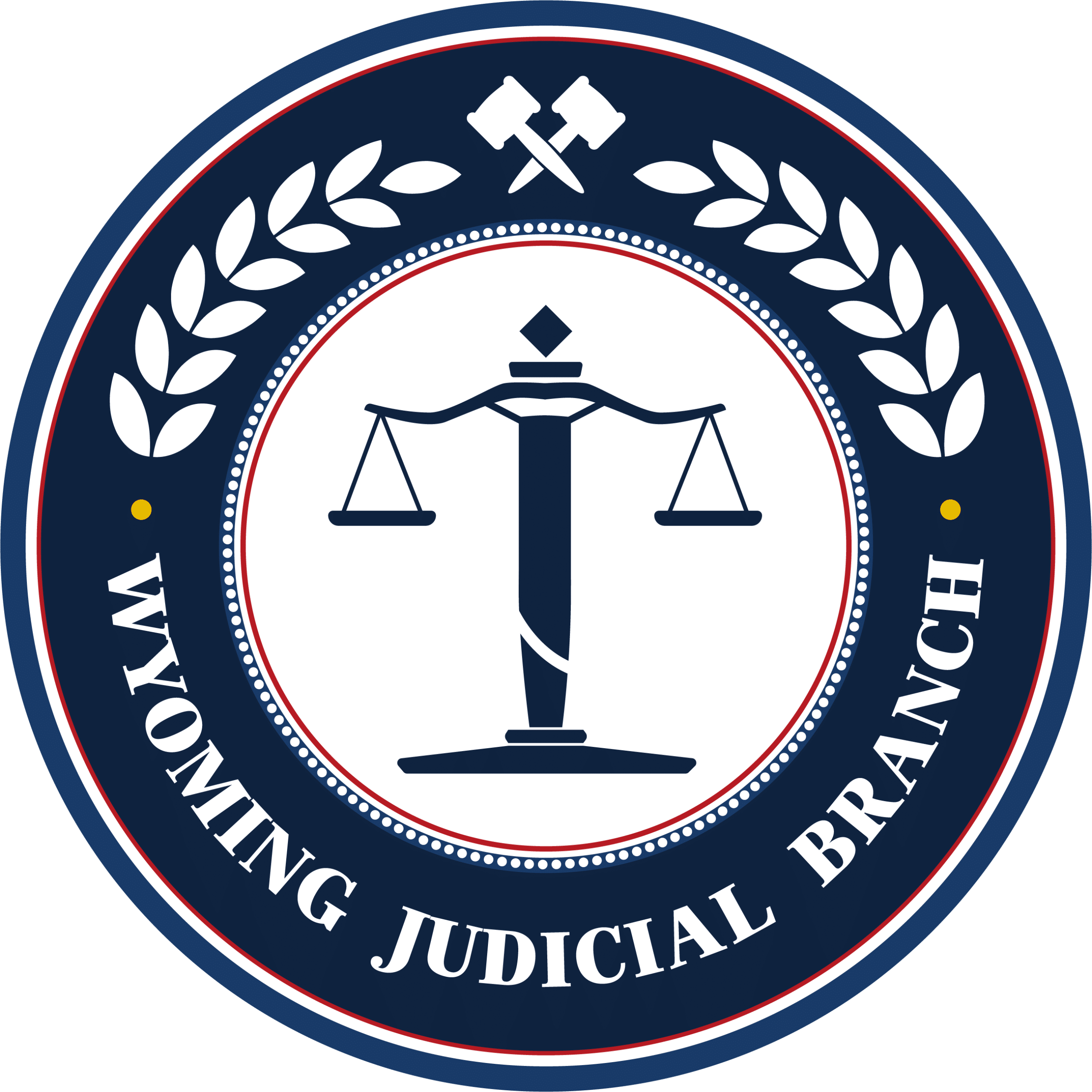Tax Help with VITA
The Volunteer Income Tax Assistance (VITA) program provides free tax help for low- to moderate-income families, people with disabilities, elderly individuals, and limited English speakers.
To find a VITA location near you, use the IRS VITA Locator to search by ZIP code or visit Wyoming Free Tax Service for local options. Some locations require appointments, have limited hours, or may not offer bilingual assistance, so it’s best to call ahead.
When visiting a VITA site, bring a government-issued photo ID, Social Security cards (or ITIN letters) for all filers, and birthdates for everyone on your tax return. You’ll also need income documents such as W-2s, 1099s, and last year’s tax return (if available), as well as any IRS or state income transcripts. If applicable, bring 1095 forms, Health Insurance Exemption Certificates, and banking details like a blank check for direct deposit. Additional documents may include childcare receipts and your provider’s tax ID.
If filing jointly, both spouses must be present to e-file.

